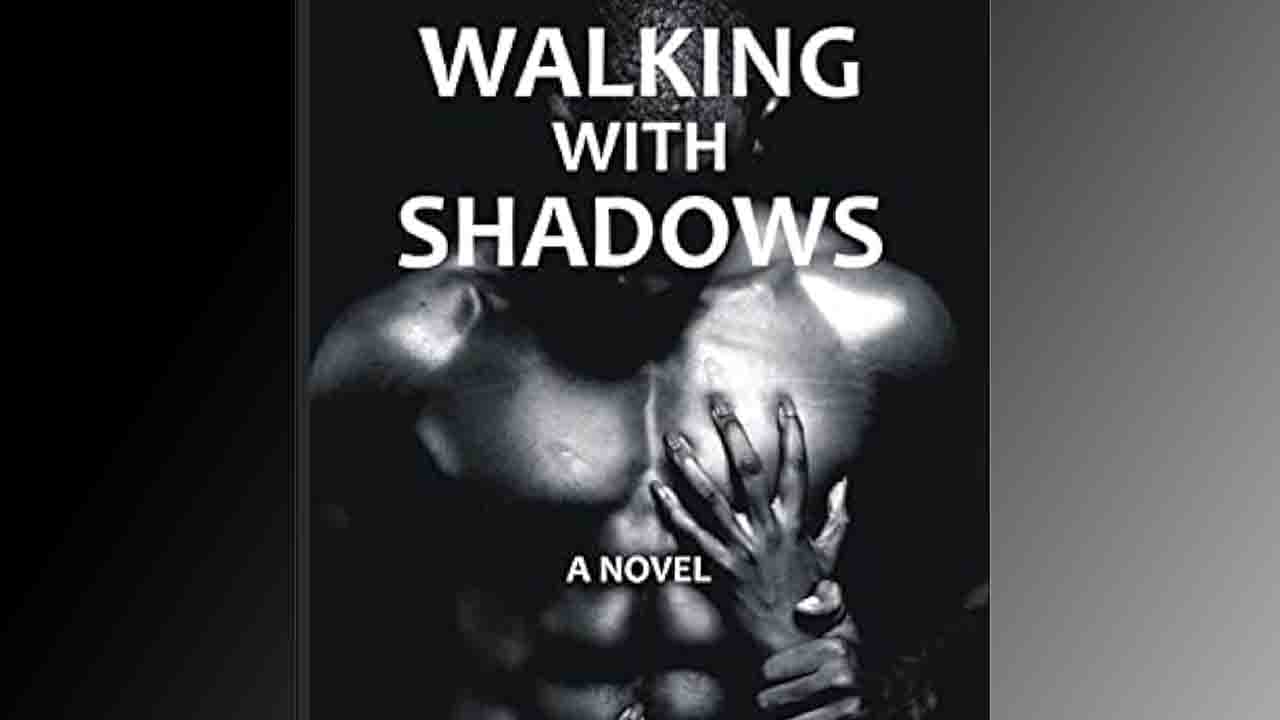
Walking With Shadows: West Africa’s Groundbreaking Queer Novel
Pitchwars – Walking With Shadows stands as a bold literary milestone in West Africa, earning renewed attention today for its fearless portrayal of a gay protagonist something virtually unheard of when it was first published in 2005. Written by Nigerian author Jude Dibia, the novel courageously centers on the life of Adrian, a man navigating the complexities of identity, family expectations, and societal judgment in a deeply conservative society.
At a time when queer narratives were largely absent or suppressed from African literature, Walking With Shadows broke through a wall of silence. It did not shy away from uncomfortable truths or sanitized storytelling. Instead, it offered readers an honest, empathetic lens into the life of someone wrestling with authenticity in a world unwilling to accept it. The book became an unspoken anthem for those in similar shadows, and it continues to resonate with a new generation of readers.
“New Era of Online Protection: UK’s Child Safety Law”
The Lasting Relevance of a Quiet Revolution
Walking With Shadows remains remarkably relevant nearly two decades after its release. In an era where representation matters more than ever. Dibia’s work is being revisited by literary critics, academics, and activists alike. Its reemergence in global discussions on queer African identity highlights just how ahead of its time it was.
The novel is now viewed not just as a work of fiction. But as a form of resistance one that challenged not only literary norms but also cultural taboos. For many young African writers, Dibia’s courage laid the foundation for telling authentic stories without fear. Today, authors across the continent are pushing the boundaries of genre and theme. Inspired in part by the path carved by Walking With Shadows.
Shaping the Future of African Queer Narratives
Jude Dibia’s Walking With Shadows sparked conversations that society had long silenced. Its impact is evident in the rising number of African literary voices exploring themes of queerness, identity, and belonging with nuance and bravery. Dibia’s legacy isn’t only in the pages he wrote but in the voices he empowered.
As African literature continues to expand and diversify, Walking With Shadows stands as both a symbol and a source. It reminds us that change often begins with a single brave voice and that literature. In its quietest moments, can spark revolutions.